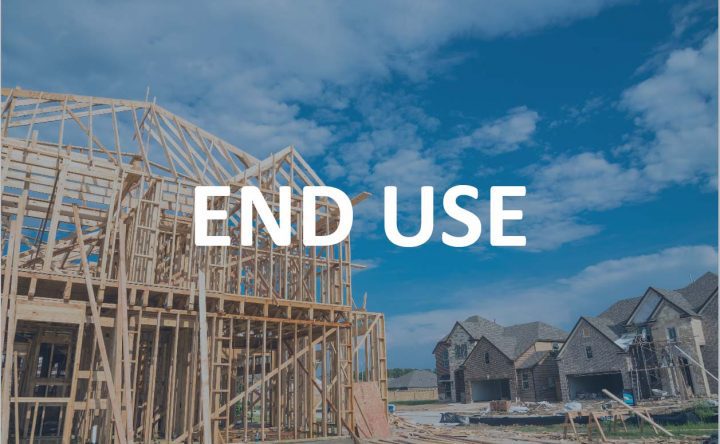The MCAI declined by -0.7% to a reading of 125.1 in March. A decline in the MCAI indicates that lending standards are tightening, while increases in the index are indicative of loosening credit. The index was benchmarked to 100 in March 2012.
News in end use
Canadian Employment Increases and Unemployment Edges Lower in March 2022
Statistics Canada (StatsCan) reported today (4-8-22) that total employment rose by 73,000 (+0.4%) in March, driven by an increase of 93,000 (+0.6%) in full-time work. The unemployment rate fell -0.2 percentage points to 5.3% in March, which is the lowest level since comparable data became available in 1976.
Mortgage Rates Climb for the Fifth Successive Week in the Week Ending April 7, 2022
Freddie Mac has released its Primary Mortgage Market Survey (PMMS) for the week ending April 7, 2022. The PMMS reports that the 30-year fixed-rate mortgage averaged 4.72% with an average 0.8 point, up from last week when it averaged 4.67%. A year ago, at this time, the 30-year FRM averaged 3.13%.
Weekly Jobless Claims Decline in the Week Ending April 2, 2022
The U.S. Department of Labor is reporting that an additional 166,000 Americans (seasonally adjusted) made their initial filing for unemployment benefits during the week ending on Saturday, April 2, 2022. This is a decrease of 5,000 from the previous week’s revised level.
Canadian Investors Expect the Bank of Canada to Raise Interest Rate in Half-Percentage-Point Increments
As the outlook for Canada’s inflation rate continues to worsen, Canadian investors are betting that the Bank of Canada (BoC) will begin hiking its key interest rate in half-percentage-point increments, with the first of rarely used upsize moves possibly coming as soon as this month.
Mortgage Applications Drop in the Week Ending April 1, 2022, Marking the Fourth Consecutive Decline
According to data from the Mortgage Bankers Association’s (MBA) Weekly Mortgage Application Survey (WMAS), for the week ending April 1, 2022, the Market Composite Index (a measure of mortgage loan application volume) declined -6.3 % on a seasonally adjusted basis from one week earlier.
Construction Labor Shortage is Nothing New to Residential and Non-Residential Builders
The current labor shortage across the U.S. is nothing new to the construction industry. During the homebuilding boom in the early 2000s, there was a lack of construction workers. The Great Recession and the resulting housing market collapse, which in turn created the foreclosure crisis, caused that shortage to end.
FHA Proposes 40-Year Mortgage Loan Modification Option
The U.S. Department of Housing and Urban Development (HUD) is asking for mortgage industry input on a proposed rule change that it offered late last week, which would change repayment provisions for FHA borrowers. The change would allow lenders to recast a borrower’s total unpaid loan for an additional 120 months.
Canadian Building Permits Increase 21% in February
On Monday (4-4-22), Statistics Canada (StatsCan) reported that the total value of building permits climbed 21.0% in February, with British Columbia leading the way with a 130.2% increase. On a constant dollar basis (2012=100), the total value of building permits increased 22.1% in February.
Americans Still Want to Own a Home Despite Rising Prices and Mortgage Rates, Survey Says
According to a survey between March 1-4, 2022, housing prices are still soaring. The growth seen by the typical single-family home over the past two years has been scorching and surprisingly consistent. At some point, something must give way, and it seems that affordability has been the first to fall.



